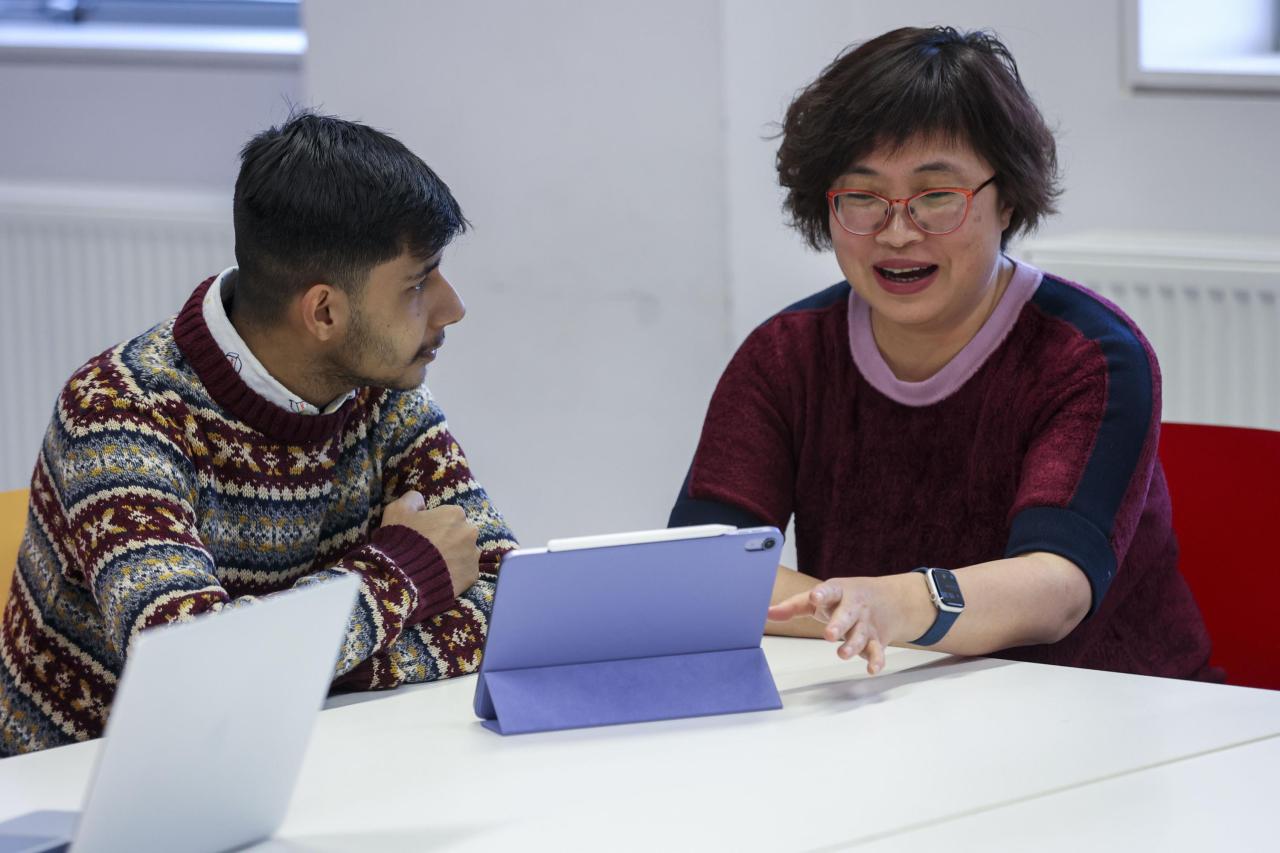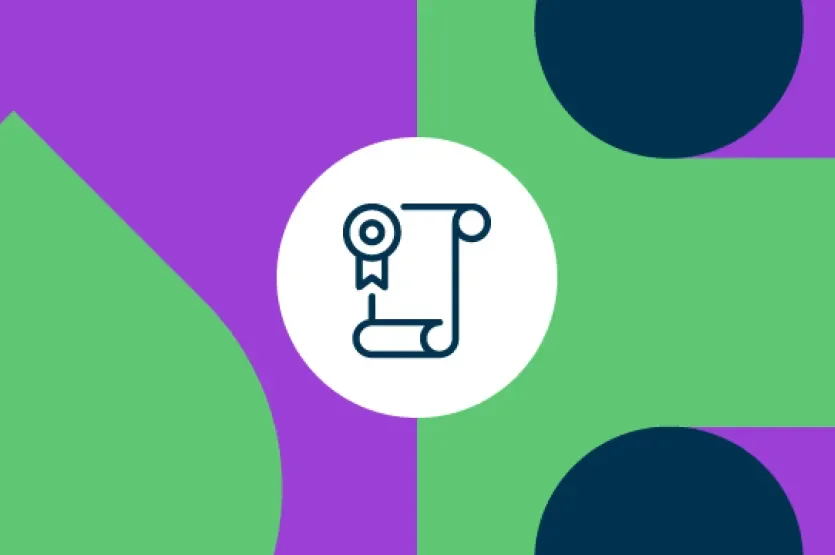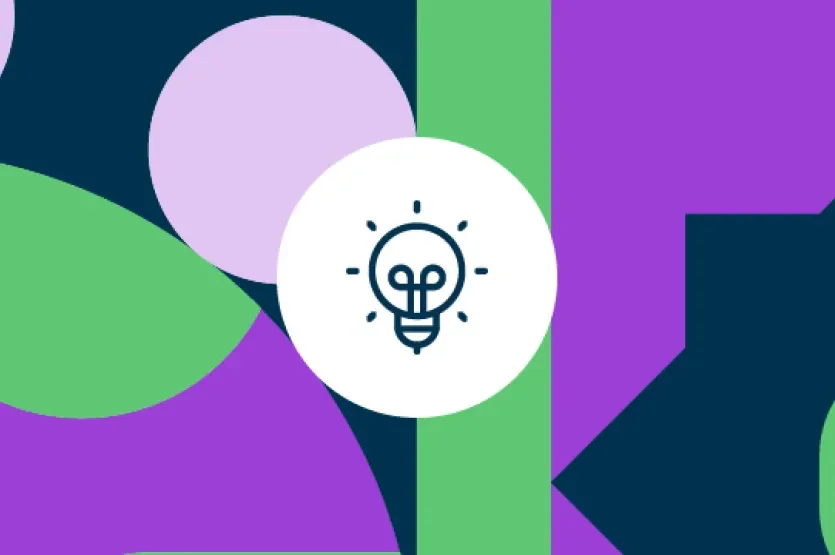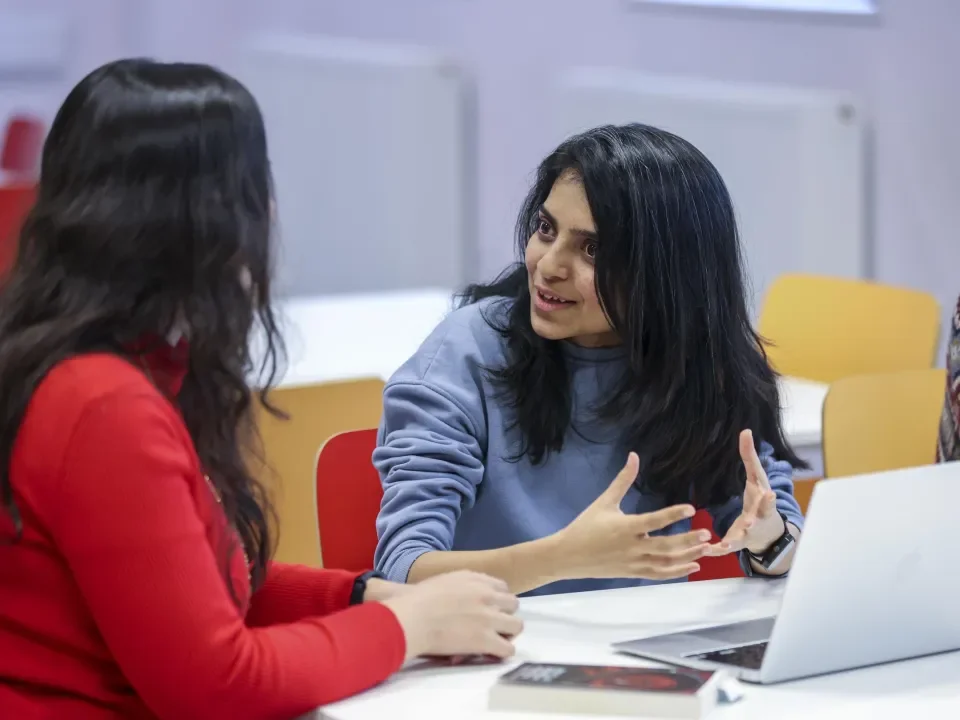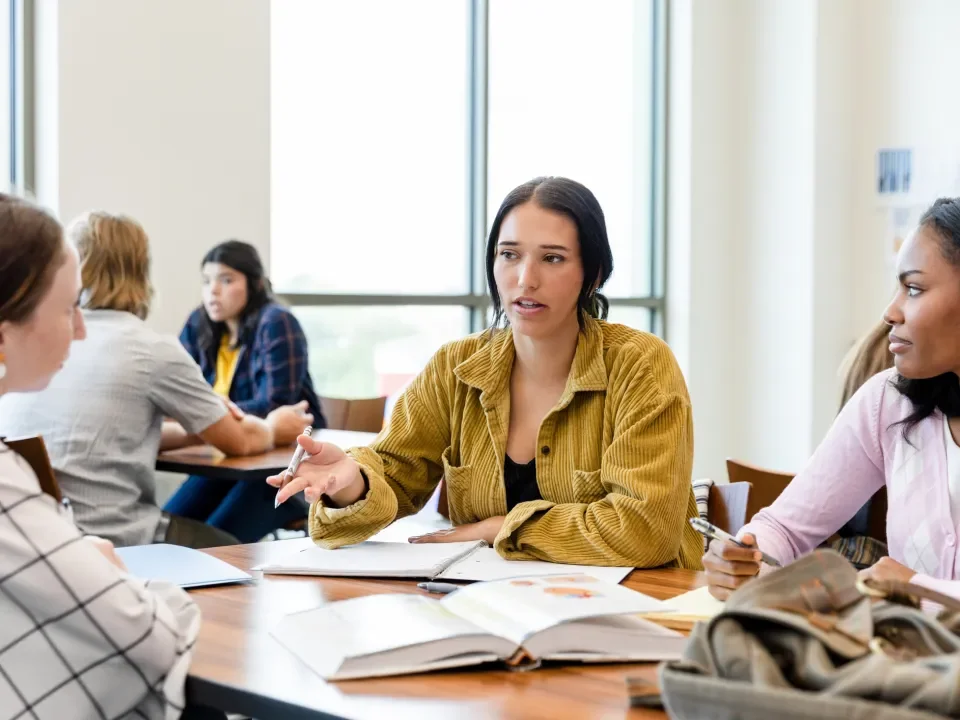Overview
This two-year, full-time programme encourages a student-centred and creative approach to teaching and learning, and gives you the skills and knowledge needed for today’s classrooms.
The programme prepares you to respond to current curricular developments at second level and is designed to promote teacher autonomy in the design, delivery and assessment of curriculum. You’ll also benefit from the DCU Institute of Education’s leading global research centres in assessment, evaluation, citizenship and human rights education and anti-bullying.
Get practical real-world experience
The programme includes two school placements in first and second year in different school settings like voluntary secondary schools, Educate Together secondary schools, community colleges, community schools and comprehensive schools.
While most graduates work as teachers in post-primary schools, you may choose to pursue further studies in education and related fields including guidance, pastoral care, school leadership and management. You’ll also be sought after for roles in further education, higher education, government departments and other education and training settings.
Why DCU
DCU People
Careers & Further Options
Careers
DCU Graduate teachers enjoy high employment success rates - 99% of DCU Institute of Education graduates are in employment or further education some six months after graduation.
While most of our graduates will work as teachers in post-primary schools, others will pursue further studies in education and related fields, such as guidance, pastoral care, school leadership and management.
Other graduates will work in Further Education, Higher Education, government departments and other education and training settings.
- Adult Education
- Education
- Government Departments
- Post Primary Education
"DCU graduates are highly sought after by employers. Our Graduates work in environments ranging from large multinationals to SMEs, family businesses and start-ups across every sector.
DCU Careers Service has a number of learning and development initiatives in place for our students, giving them the skills they need for a successful career path."
Entry Requirements
First, you need to consult the Teaching Council’s Curricular Subject Registration Requirements to see if your undergraduate qualifications meet the requirements set out by the Teaching Council of Ireland, the professional standards body for teaching in Ireland. As part of the application process, you will need to confirm that your degree complies with these requirements.
Please see here for all information on how to apply, and to submit an application through the online portal. Please ensure you read all details carefully prior to submitting the application.
International Applications:
Where such candidates are non-native speakers of the English language they must satisfy the University of their competency in the English language. For further information on international applications click here.
Programme Structure
The DCU Institute of Education is the largest provider of education and training in Ireland with more than 150 academic staff with expertise in education and over 4000 students. We take a modern, innovative and creative approach to teaching and learning.
Our two year full time flexible delivery PME programme addresses the need for a flexible teacher education qualification for individuals who wish to work in post-primary schools but who are not in a position to engage in a traditional day-time programme of study.
DCU Graduate Teachers experience high employment success rates. Our school partnerships and professional development initiatives for in-service teachers ensure continued commitment to our students and beyond.
The Professional Master of Education (PME) programme starts in late August each year. Students are required to complete an Induction Programme which runs in advance of formal lectures.
Formal lectures begin in September and are held in DCU St. Patrick's Campus, Drumcondra on Tuesday and Wednesday from 4pm to 8pm. Students will participate in lectures, seminars, tutorials and online components.
The programme includes two school placements. Students complete placement in one school in Year 1 and in a different school in Year 2.
Placements can occur in a variety of school settings including Voluntary Secondary Schools, Educate Together Secondary Schools, Community Colleges, Community Schools and Comprehensive Schools.
Students must secure their own placements in a recognised post-primary school within the Republic of Ireland. Only the first placement needs to be secured at the time of application.
Placement Hours Required: For the duration of this two year programme, all students must engage in a minimum number of hours of direct teaching, placement related activities and observation as outlined below:
Year 1 (Sept to June)
Direct teaching: Four hours per week
Placement related activities: Four hours per week
Observation: 24 classes
Year 2 (Sept to June)
Direct teaching: Four hours per week
Placement related activities: Four hours per week
Observation: 24 classes
Fees and Funding
Fees
How To Apply
Please see here for all information on how to apply, and to submit an application through the online portal. Please ensure you read all details carefully prior to submitting the application. All documents will be updated prior to opening of applications on 4th November 2024.
Deadlines:
Applications for September 2025 intake:
- Opening Date for applications - 4th November 2024.
- Closing Date for all applicants - 10th February 2025
- Closing Date for all documentation on received applications - 24th February 2025.
- Final date for any conditional items - 14th July 2025.
Offers
An email from the applications portal will alert applicants to check their status, and a Firm Offer or Conditional Offer letter will be provided. Please ensure that the email address provided in the online application is active and ensure that no details go to your spam folder. Applicants who receive an offer should confirm acceptance by the specified date in order to secure a place. Any applicants who accept their conditional offer must meet the condition of the offer by the deadline of 14th July 2025, by uploading the required documentation to their application in the portal.
Please note that canvassing of any kind will disqualify an applicant. Applications will not be discussed with third parties.
Queries on completed applications
Queries on applications may be emailed to pgedapplications@dcu.ie. Please include the programme code (DC905) in the subject line of your email.
Commencement of Programme
The programme commences in September 2025.
Deferrals
Deferrals are not permitted on the PME programme.
Life On Campus
At DCU, our students can expect a unique campus experience. We are known for our excellent teaching and learning facilities, our active clubs and societies, and our great social and sporting facilities. All this makes DCU an exciting place to be.
DCU has three academic campuses; Glasnevin, St. Patrick’s and All Hallows (both in Drumcondra), all close to Dublin City centre.
They can be reached by public transport, Dublin Bus and Bus Éireann, with our Drumcondra campuses a ten minute walk from Drumcondra Train Station. Glasnevin is a 20 minute walk from St Patrick’s and All Hallows. They are also linked by Dublin Bus.
Each campus has a library (O’Reilly, Cregan and Woodlock Hall), study spaces, restaurants, and on-campus residencies. There are sports facilities on Glasnevin and St. Patrick’s, and there is a dedicated sports campus, St Claire’s, located near Glasnevin on the Ballymun Road.
DCU’s 19,000 students have access to exceptional teaching and learning facilities across our three academic campuses.
These include modern learning theatres, research centres, a new media and TV studio, radio/podcast studios, computer suites and advanced labs in the areas of Languages, Engineering, Physics, Chemistry and Biotechnology, as well as a Sports Performance centre and a training hospital ward. In 2021, we opened our first virtual reality ‘Leadership Lab’, which is located in our Business School.
We continue to improve and update our facilities. For example, construction of a new world-class STEM facility is underway on the Glasnevin campus. With capacity for an extra 3,000 STEM students, this facility will advance DCU’s international reputation for excellence in science and health, computing and engineering disciplines.
Studying in DCU isn’t just about course work. The university is rich in student life and activities.
There are more than 140 clubs and societies for students in DCU, with ‘Clubs & Socs’ days taking place on both the Glasnevin and Drumcondra campuses at the start of the academic year. They span everything from rugby to rock climbing, anime to jazz.
For many students, sport is an important part of the DCU experience. DCU’s Sports Complex boasts a 25 metre swimming pool, fitness centre gym, all-weather pitches and squash courts, as well as soccer, GAA and rugby pitches. DCU Dóchas Éireann, the university’s GAA club, is the largest third level Gaelic Games club in the country. Meanwhile, DCU Athletics has been Ireland’s highest achieving university club for many years. And DCU has dozens of other clubs to get involved in, from Archery to Weightlifting.
The Glasnevin campus is home to our purpose built, state-of-the-art student centre, The U, which serves the needs of a rapidly growing student body. Here, you will find the Student Leadership and Lifeskills Centre, performing arts and cultural spaces for students and the wider community, and the Entrepreneurship and Innovation Hub. Also located on our Glasnevin campus is The Helix, our renowned performing arts centre.
On our St Patrick’s campus, we have the Java Student Hub, a vibrant, warm and welcoming space where students can meet for coffee, play music, use the projector to watch events, or just relax. The walls of the Java Hub were designed based on the cultural history of St Patrick’s Campus, including the special references to the notable sporting history and history of the arts.
We have a number of academic, professional and social supports for students.
Student Advice & Learning Skills Centre - Offers a wide range of supports and services to students and advice
The Writing Centre - drop-in writing workshops for students through the academic year
Maths Learning Centre - provides maths support for students of all ability levels with maths modules
Student Learning - facilitate the transition from passive to active learning for students at DCU, by teaching study skills, nurturing critical thinking and building student confidence.
Careers work with students to help them on their professional journey into graduate employment.
Our student support team offers a comprehensive support programme, helping students make that all important transition into university life and focusing on building confidence and skills which are key to success at third level.
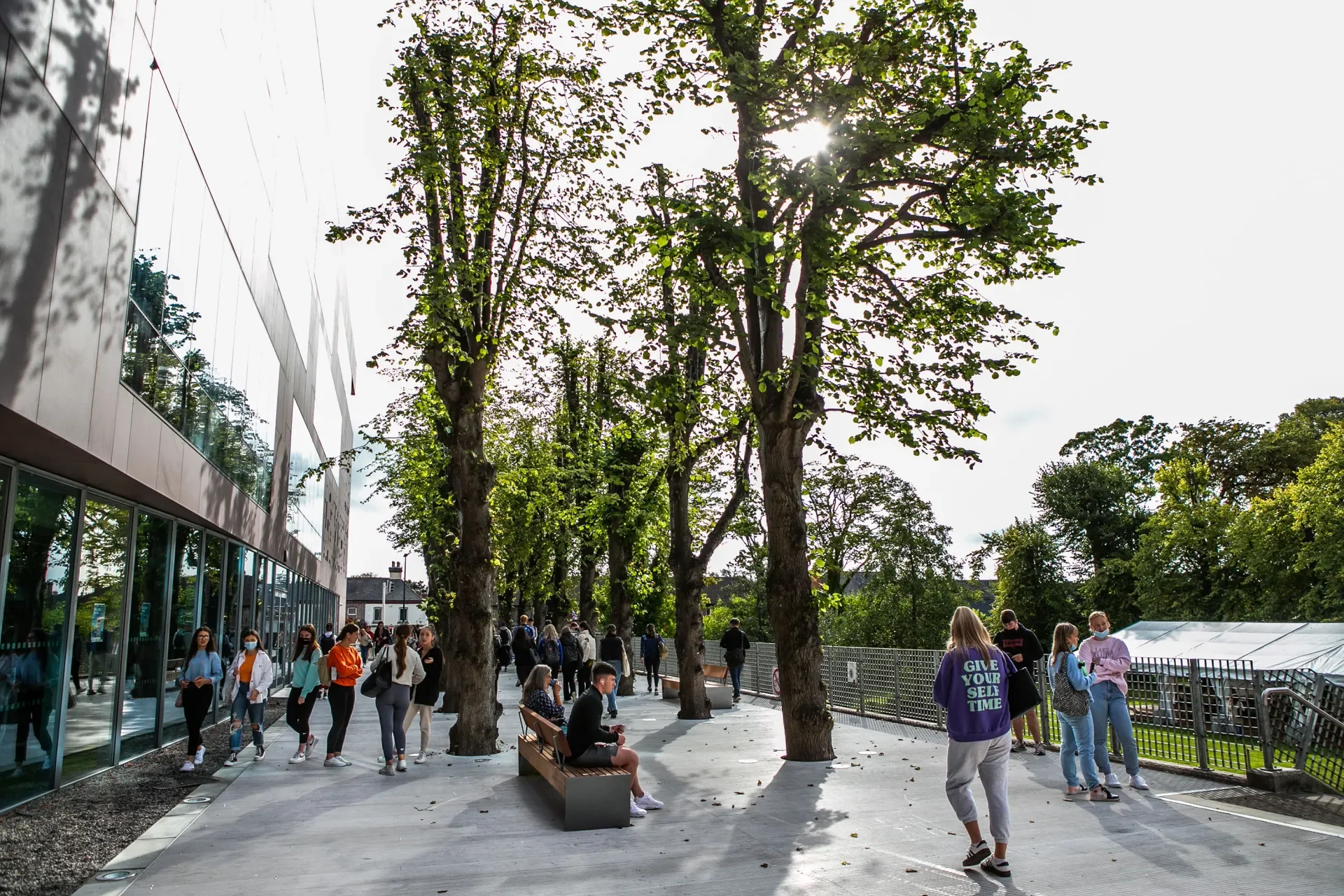
DCU St Patrick's Campus
FAQs
What courses are offered by the DCU Institute of Education?
DCU Institute of Education brings together students of education and provides a rich menu of undergraduate courses across all sectors from early childhood, to primary and post-primary and further and higher education. We offer a range of taught and research postgraduate courses at doctoral, masters, diploma and certificate level and have a distinguished record in providing continuing professional development.
Is there Garda vetting for students who study DCU Institute of Education courses?
Garda vetting is required for all students who have unsupervised access to children and vulnerable adults as part of their studies at DCU. Applicants must successfully pass the Garda vetting process in order to complete the registration process.
What are the potential teaching pathways for primary, post-primary and further education and training offered by DCU?
Primary Teaching Pathways
Undergraduate*
Postgraduate**
- Professional Master of Education (Primary Teaching) - DC970
* Please ensure that you consult minimum entry requirements and CAO points for all undergraduate programmes
** Please ensure that you consult minimum entry requirements for all postgraduate programmes
Post-Primary Teaching Pathways
Undergraduate*
- Bachelor of Religious Education & English or History or Music - DC010 | DC011 | DC012
- Bachelor of Education in Gaeilge and French or German or Spanish - DC013
- Bachelor of Education in Technology, Engineering and Graphics - DC015
- Bachelor of Science (Hons) in Science Education - DC203
- Bachelor of Science (Hons) in Physical Education with Biology - DC205
- Bachelor of Science in Physical Education with Mathematics - DC206
Postgraduate**
- Professional Master of Education (Post-Primary Teaching) - DC905
* Please ensure that you consult minimum entry requirements and CAO points for all undergraduate programmes
** Please ensure that you consult minimum entry requirements for all postgraduate programmes
Further Education and Training Teaching Pathways
Undergraduate*
- BSc (Hons) in Education and Training (Further, Adult and Continuing Education) - DC235
* Please ensure that you consult minimum entry requirements and CAO points for all undergraduate programmes

